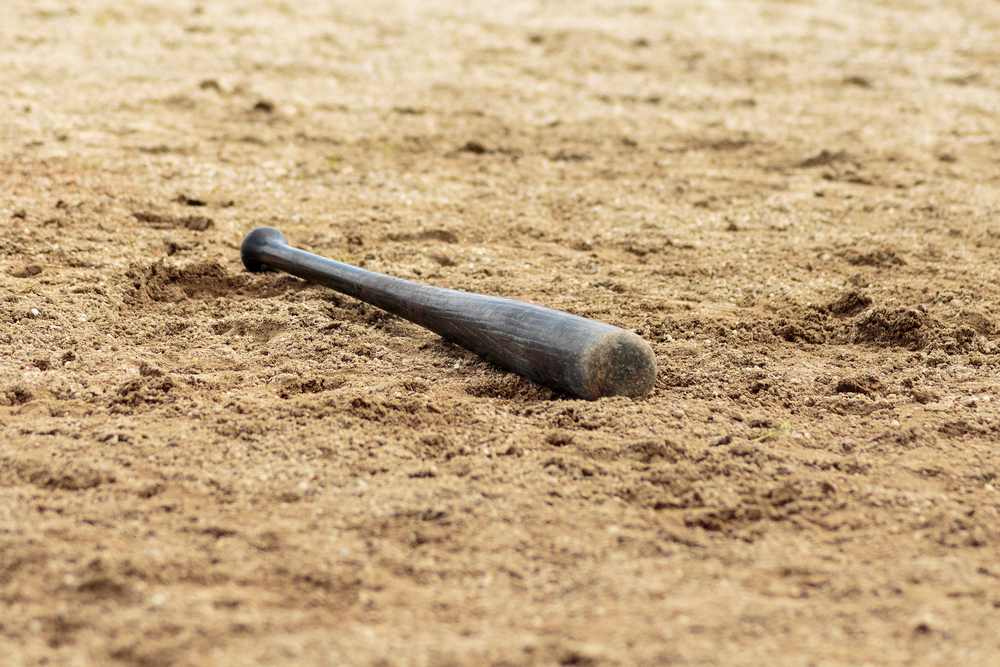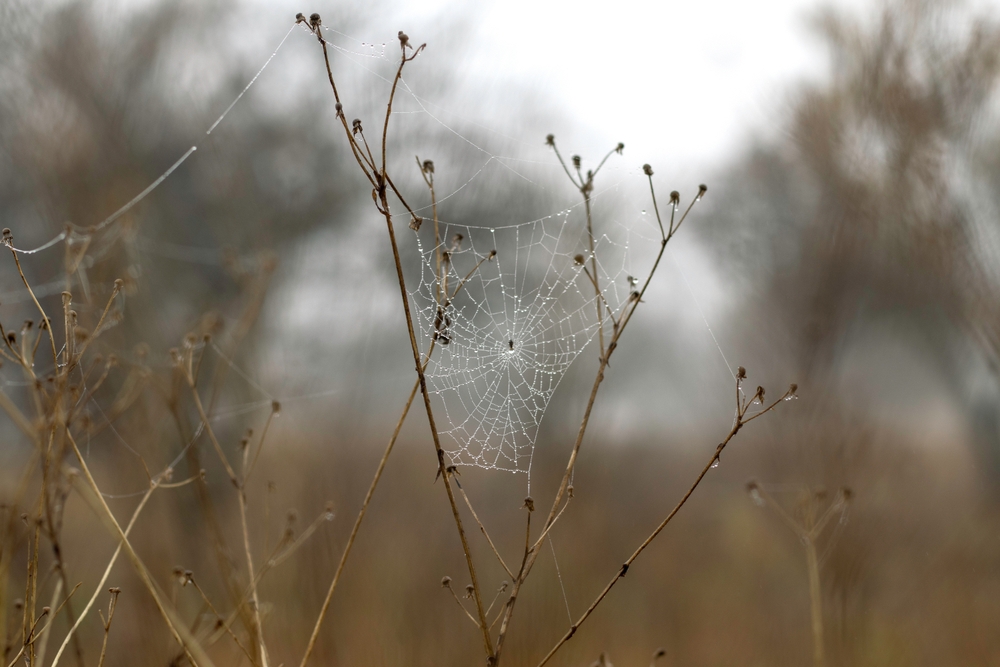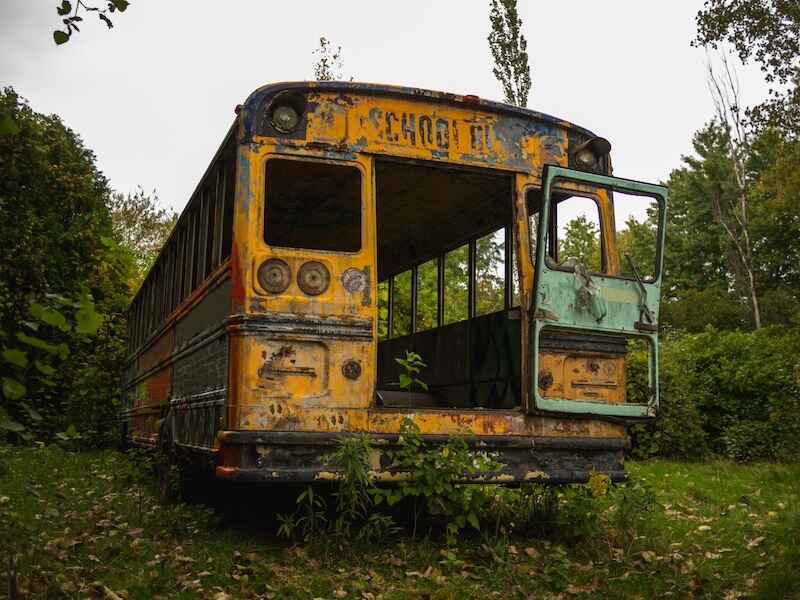Why You Should Always Be Thankful for Your Failures
Joel Salatin|January 2, 2024

During this holiday season, I’ve devoted more than a few minutes to gratitude.
Every year, we need a gentle reminder about the gift of failing.
Looking back over my life, I can pinpoint a couple of failures that yielded benefits I’m still enjoying.
The Sting of Defeat
The first was not making the baseball team in middle school.
To appreciate how much pressure I was under at that time, please understand that my mother was a high school health and physical education teacher. She’s always been active in sports and a great athlete. (And we just celebrated her 100th birthday!)
My older brother, three years my senior, was also an outstanding athlete. He played football and did gymnastics. He even installed a set of rings on a tree branch in our front yard.
Lots of country folks have a tire swing, but rings? I would watch in amazement as he did the iron cross (a demanding gymnastics maneuver).
So with the desire to make a name for myself, I went out for the baseball team in seventh grade.
I still remember the emotional sting when I saw the final team posting – my name was not on it.
I’d had success in fine arts… winning spelling bees, winning poetry reading contests and writing essays. One of my seventh-grade teachers had started a debate team, on which I thrived.
I also picked up the trumpet and enjoyed it far more than I enjoyed the pesky piano lessons I had taken for several years.
I wasn’t ready to give up on athletics, though. So in eighth grade, I tried out for the basketball team.
It was clear that I was going to be taller than my older brother. I thought that while his stout build may be better suited for football and gymnastics, I might find a place in basketball.
Once again, I didn’t make the team.
But here’s where my gratitude comes in.
Finding the Sweet Spot
My earlier foray into debate led me to join the extracurricular interscholastic debate team in the eighth grade (our high school at that time was grades eight to 12). Unable to compete until ninth grade (you could call me a redshirt debater), I scrimmaged and did much of the research for the team that year. And I fell head over heels in love with it. Indeed, the seniors on the team were glad they were on the way out.
After I was cut from the basketball team, I made a mental vow to never play school sports again. I decided I would devote my attention completely to communication competitions.
And that’s exactly what I did. Debate, public speaking, extemporaneous speaking and forensics (speech and theater) became my homes and my passions.
To be sure, this essay is not meant to denigrate sports. I enjoy watching a good game and have always enjoyed playing pickup games.
The point here is to show how our failures are part of a discovery process… how we find the sweet spot where what we love, what we know and what we’re skilled at all converge.
That’s where we create happiness and accomplishment.
Recognizing our strengths as well as our weaknesses is foundational to efficiently directing our energy.
What if I had gone into an emotional funk because I didn’t make the baseball or basketball team?
What if my self-worth were tied to success in an arena where I couldn’t compete?
What if I had squandered my high school years wallowing in my weaknesses?
I’d have lost all that experience developing as a communicator, increasing my vocabulary and encountering different ideas.
Best Decision I Ever Made
Another big “failure” of mine was when I went to the school guidance counselor for advice about my senior-year curriculum.
By that time, I knew I was going to do something with writing… and I wanted to be the fastest typist around. Efficiency required being able to get words on a page quickly.
Rather than taking physics, the go-to science elective for smart students, I chose typing. Yes, that lowly vocational class for secretary-bound students. (It had nothing to do with the fact that the girl-to-boy ratio was about 10-to-1.)
The guidance counselor berated me for wanting to take typing instead of physics. She said I’d regret the decision. I might not even get into college, she said. How disappointing, she lamented, that a college-bound student would eschew an academic class for a vocational one. What a failure I was.
But it was the best decision I ever made. I can type as fast as I can talk, which means I can crank out material faster than most. I can also make changes faster than most. That’s a godsend.
My message to children is always to be thankful for failures because they help shape us in profound ways toward our destiny.
We might not know it at the time. The sting of failure is real. But bouncing off a failure into an arena where we can excel brings us to a place of deep gratitude for those defeats.
The key is to not despair in defeat, but pivot. When your balloon deflates, get a different one and blow it up.
That’s a great life lesson for children and adults, don’t you think?

Joel Salatin
Joel Salatin calls himself a Christian libertarian environmentalist capitalist lunatic farmer. Others who like him call him the most famous farmer in the world, the high priest of the pasture, and the most eclectic thinker from Virginia since Thomas Jefferson. Those who don’t like him call him a bioterrorist, Typhoid Mary, a charlatan, and a starvation advocate. With a room full of debate trophies from high school and college days, 12 published books, and a thriving multigenerational family farm, he draws on a lifetime of food, farming and fantasy to entertain and inspire audiences around the world.



